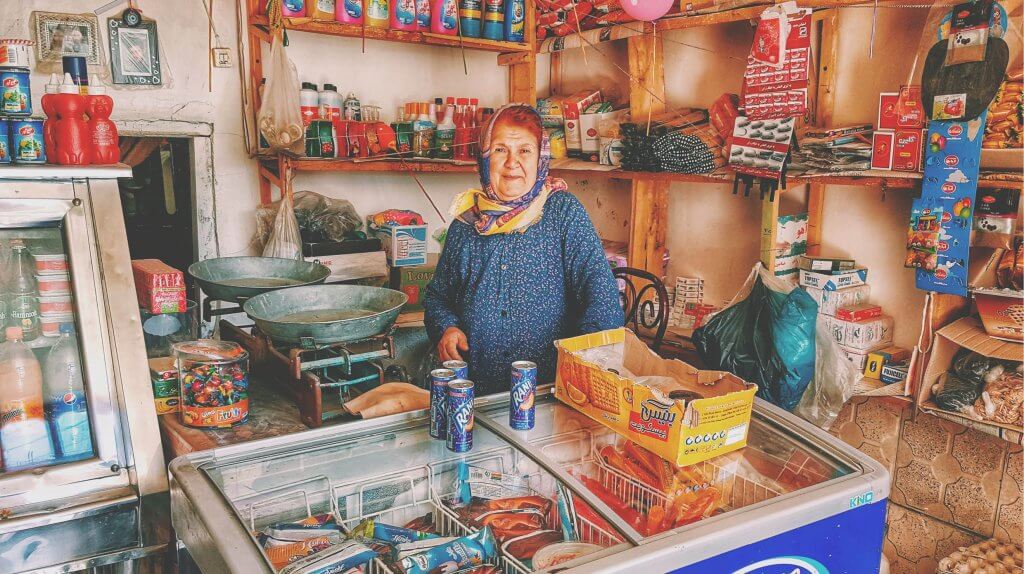
In this episode we discuss the peculiar Iranian practice of wanting to give you anything and everything for free, until they don’t. We help you understand when it happens, why it happens and what you should do when confronted with it. Listen in to learn more about why Iranians won’t take your money.
We also get answers to these questions
- What does “ghaabel nadaareh” (قابل نداره) mean?
- Why won’t Iranians let me pay for things?
- How do I know when I should and shouldn’t pay for something in Iran?
- What should I say in response to “ghaabel nadaareh” (قابل نداره)?
- Where can I find ‘Majid Laboo-fooroosh Sar e Kooche Berlan’?
- How do I pay for something in Iran?
A big thanks to our sponsor
We’d like to thank ‘Majid Laboo-fooroosh Sar e Kooche Berlan’ for sponsoring this show about why Iranians won’t take my money.
For those fans of seasonal street-food, rich in vitamin B-6, calcium and magnesium, ‘Majid Laboo-fooroosh Sar e Kooche Berlan’ has got you covered.
During the months of September to October ‘Majid Laboo-fooroosh sar e Kooche Berlan’ caters to all lovers of fresh, warm and wet beetroot. Get yourself one for 3,000 Tomans or two for 6,000 Tomans, or three for 9,000 Tomans.
So get down to ‘Sar e kooche Berlan’ and enjoy ‘Majid Laboo-fooroosh Sar e Kooche Berlan‘s’ glistening beetroot.
During the month of September, listeners of the show can get a 10% discount by telling ‘Majid Laboo-fooroosh Sar e Kooche Berlan’: “forward-slash Ask An Iranian’.
Translations of Persian words used during this episode
| Persian | English translation |
|---|---|
| “Ghaabel nadaareh”: | “No value to you” — meaning, “be my guest” |
| “Khaak to saret”: | “mud on your head” — similar to, “shame on you” |
| “Befarmaaeid”: | A term meaning, “Please, after you” |
| “Khaste nabashi”: | “Don’t be tired” — a phrase to recognise another’s effort |
| “Laboo fooroosh”: | “Beetroot seller” |
| “Khiaalet raahat”: | “Calm your mind” — a phrase meaning, “don’t worry” |
| “Velesh kon”: | “Leave it” — a phrase meaning, “forget about it” |
Photo credit: Female Iranian shop keeper, by Hasan Almasi.

Leave a Reply